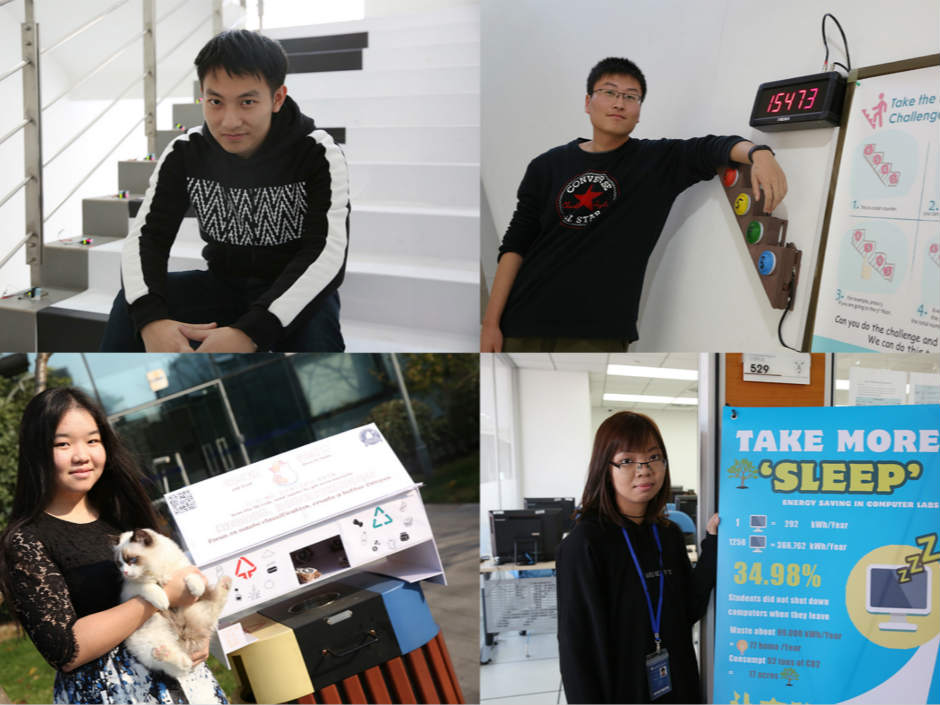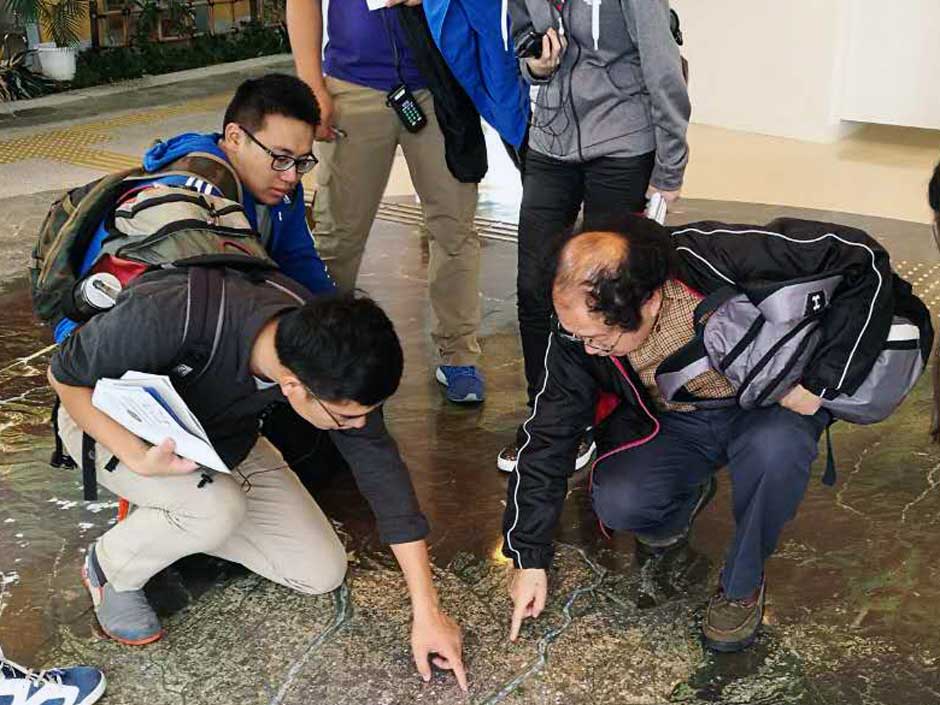06 Apr 2017
Research co-authored by two international undergraduate students at Xi’an Jiaotong-Liverpool University, 'Impacts of particulate matter (PM2.5) on the behaviour of freshwater snail', has been published in Scientific Reports.
The research was carried out by students Danny Hartono, from the Department of Environmental Science, and Billion Lioe, from the Department of Biological Sciences, as part of a Summer Undergraduate Research Fellowships (SURF) project with academics at XJTLU.

Scientific Reports is an influential open-access scientific mega journal published by the Nature Publishing Group, covering all areas of natural sciences.
The research investigated the effects of PM2.5, a microscopic air pollutant, on aquatic organisms. The chemicals found in PM2.5 particulate, such as sulphur dioxide and nitrogen oxides, can enter water sources as acid rain.
Danny and Billion chose to look at Parafossarulus striatulus snails as they are a very common species in the waterways around Suzhou, where the University is located.
“Many studies have examined the effects of PM2.5 on human health, but the understanding of its influence on aquatic life is limited,” explained final-year student Danny.
“Pollutants can enter aquatic ecosystems and affect the plants and animals living in them, which, in turn, has an impact on the general health of the system.”
The project sought to understand the effects of PM2.5 on the snails’ behaviour and found that a dose of highly concentrated PM2.5 caused a significant decrease in snails’ activity levels.
“Our results suggest that high PM2.5 levels in water bodies can have an adverse effect on aquatic organisms,” said Billion, who since completing the project has graduated from XJTLU and is now pursuing a masters degree in biotechnology at the University of Liverpool.
“Active, normal behaviour of snails in an aquatic ecosystem tells us that the ecosystem health is good. If their movement is decreased, it indicates they are uncomfortable in the environment or dying.”
“This is the first study investigating PM2.5 impact on aquatic organisms and it indicates that PM2.5 has a very wide range of negative impacts on our ecosystems and biodiversity,” added Danny.
Danny and Billion completed the research in collaboration with XJTLU environmental science academics Dr Yixin Zhang and Dr Bailiang Li, as part of the SURF programme, which offers undergraduate students the chance to collaborate with academic supervisors on research projects during the summer holidays.
XJTLU is unique among universities in China in giving undergraduate students the chance to do such in-depth research, an opportunity usually given to postgraduate-level students.
“Offering undergraduate students the chance to support academics on real research projects is an excellent way for students to gain practical research skills, build confidence and develop expertise in the area,” said Dr Li.
“That Danny and Billion have produced research that has now been published is a demonstration of the excellent results that can be achieved through the SURF programme,” added Dr Zhang.
“We are very proud of them both and hope this is just the start of their academic careers.”
Read the full article published in Scientific Reports.
06 Apr 2017
RELATED NEWS

Students aim for greener, more environmentally friendly campus
Students from the departments of Urban Planning and Design and Environmental Science at Xi’an Jiaotong-Liverpool University are aiming to enhance the Univers...
Learn more

Field trip gives students first-hand experience of environmental issues
A group of environmental science students at Xi’an Jiaotong-Liverpool University spent a week in Japan gaining valuable onsite experience of environmental re...
Learn more








